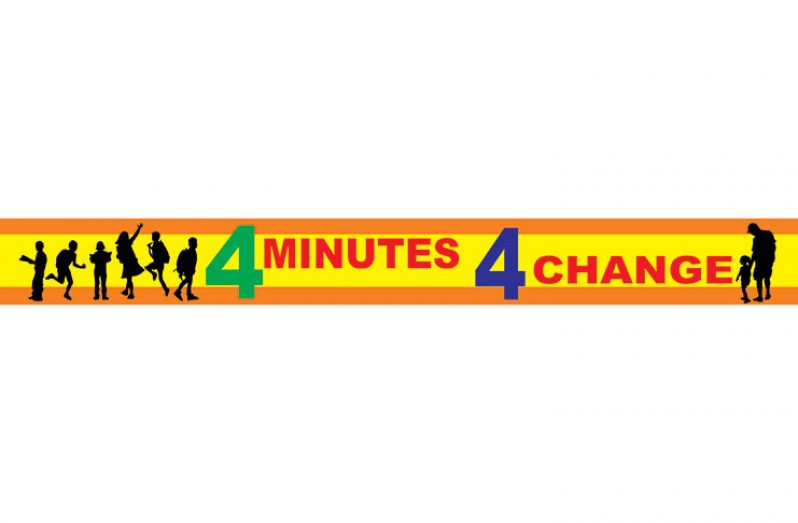THERE are many caregivers who believe they are doing the ‘world of good’ for a child by letting the child stay with them rather than be in a children’s home. While a family
environment would always be a more fitting place to raise a child, some children still suffer. They suffer when a caregiver does not realise that children need more than a plate of food and somewhere to rest their head at night. So while they are helping the child in one
aspect, on the other hand they are failing to provide the nurturing that a disadvantaged child may need to thrive healthily. These types of caregivers need to take a good look at their behaviour towards the child and ask themselves questions, such as : Am I making the child feel welcomed? Am I connecting with the child on a positive level? Does the child seem happy and contented? Do I pick on the child too much? Do I treat the child fair? What may be some of the inner feelings and thoughts that the child is coping with?
When a child is taken into a household by relatives because they are orphaned or under other circumstances, they have already been through a traumatic ordeal therefore, they need to be around people who will bond with them and bring some consistency and stability to their lives.
But contrary to this, some caregivers spend a lot of time and energy telling the child how fortunate they are to be with them, and how many sacrifices have been made on his/her behalf. When caregivers forever sing a song of negativity it can be very distressing for the child. Some caregivers do this without a thought of what type of impact their words are having: They do not realise, or do not care that the child has already been disadvantaged through abandonment and therefore carries a wound in his/her mind, heart and life. Living under these circumstances can affect a child’s emotional and social development. It can lower self-esteem and confidence and make the child feel unloved, not cared for and somewhat destitute.
The other thing that some caregivers do is threaten the child. They threaten the child not only physically and mentally (which in fact, is child abuse): But also with the reminder that they can or will put the child into state care or put the child ‘out’ to fend for him/herself. How is a child ever going to progress into a level-headed adult when the adult(s) who is meant to show care, love and concern is forever making the child’s life a misery?
Children in pain very seldom convey how they feel about their circumstances: mainly because they do not recognise it as pain. They are somewhat adaptable and resilient: They have a need to get on with their lives even if they are a little unhappy inside. As children they are unaware of the far-reaching consequences that childhood events can have on them in adulthood. What children can do however, (sometimes in order to redress their ‘situation’) is express their discontentment through ‘adverse’ behaviour, and of course this only leads to even more derogatory things being said and done to them.
Children take their cue from the adults around them. When caregivers are consistent and fair, thoughtful and reasonable, children usually respond accordingly. But when caregivers tend to moan at children, beat them and talk down to them, it triggers negative emotions in a child. If you are a caregiver, take your role seriously. Do a self-assessment, and answer truthfully: Are you honestly doing your best to help the child in your care, progress into an adult that you can be proud of?
If you are concerned about the welfare of a child ring the CPA hotline on 227 0979 or write to us at childcaregy@gmail.com
A MESSAGE FROM THE CHILDCARE AND PROTECTION AGENCY, MINISTRY OF SOCIAL PROTECTION




.png)









